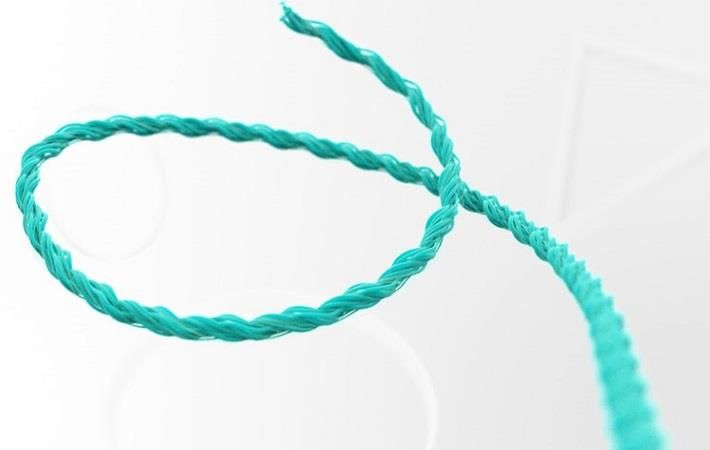GreenWrap '20 – Select 10: Sustainability Tools

Fashion for Good in December launched its Viscose Traceability Project. Facilitated by Fashion for Good, the Project is a collaboration with brands BestSeller and Kering who will provide eight garment styles to be traced for the pilot, with fibres sourced from three leading sustainable viscose producers. TextileGenesis will design traceability applications for use across the value chain. It will provide its blockchain solution and platform to trace the origins of the viscose used in the garments along the supply chains of the two brands. These chains span eight countries to reflect the real-world complexities and supply-chain scenarios to test the flexibility and scalability of the platform.
Textiles Tracker from Planet Tracker, Laudes Foundation
Non-profit think-tank Planet Tracker in February received a grant from Laudes Foundation to bring its methodology to the fashion industry with Textiles Tracker, which will identify and analyse potential financial risks, enabling investors to cost in natural capital factors. The listed equities portion of the industry now generates $1.2 trillion in revenues, and yet investors are not incorporating the true cost of investments. While multiple studies have highlighted the deep, environmental impact of the fashion and textiles industry, Planet Tracker has found little analysis assessing those natural capital-related financial risks across the value chain which can impact shareholder value.
Fashion for Good initiates Full Circle Textiles project
Flexport’s tool to assess carbon footprint of shipments
ZDHC releases ZDHC CMS framework
Google, WWF to work on environmental data platform
ThredUp launches fashion footprint calculator
Textile Exchange launches new 2020 Material Change Index
Oeko-Tex new regulations to come into effect from April
France unveils environment score system for apparel
France in February launched a system under which apparel may now display a ‘score’ from A to E that shows the degree of environment-friendliness of the item. The score will consider ‘environmental impact’ factors like the carbon footprint of producing and transporting the clothes, the amount of water used in production and the level of toxicity in the fabric and dye. It will also take into account factors like whether the product can be recycled. The government is aiming to make the labelling mandatory in all clothes within two years.
To read more subscribe to January 2021 edition of Fibre2Fashion.
For queries & brickbats, write to: richabansal@fibre2fashion.com
Fibre2Fashion News Desk (RKS)
































-Ltd..jpg?tr=w-120,h-60,c-at_max,cm-pad_resize,bg-ffffff)





.jpg?tr=w-120,h-60,c-at_max,cm-pad_resize,bg-ffffff)
.jpg?tr=w-120,h-60,c-at_max,cm-pad_resize,bg-ffffff)






